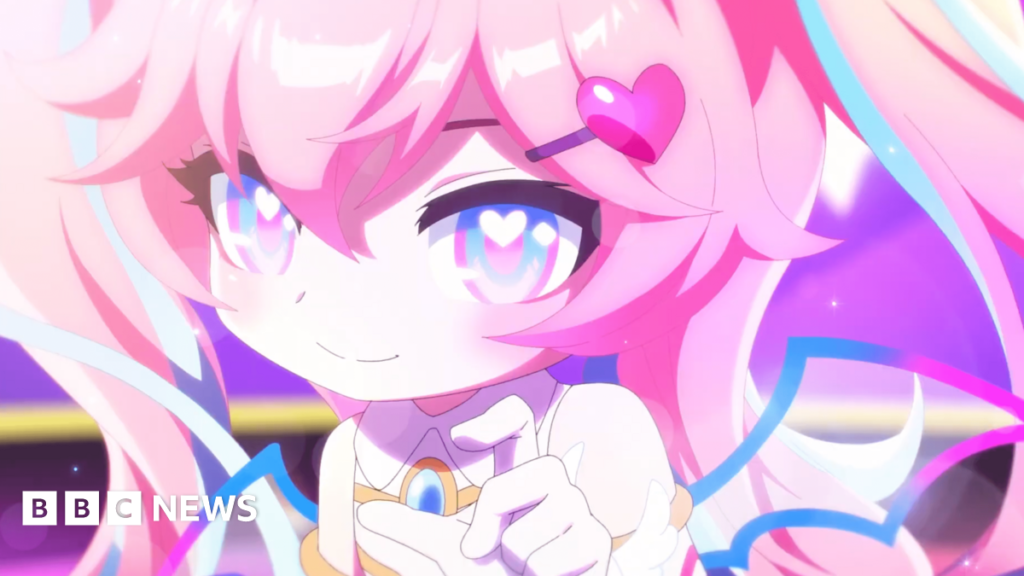I traveled to Pangyo, South Korea’s Silicon Valley, to meet with a woman who has worked in the game industry for 20 years. After the Darim case, her company began editing all of its games, removing the fingers from the characters’ hands, turning them into fists, to avoid complaints.
“It’s tiring and frustrating” to work like this, she said on condition of anonymity. “The idea that a hand gesture can be seen as an attack on men is absurd and should be ignored by companies.”
When I asked why not, she told me that many developers share the anti-feminist views of gamers. “For all those who scream on the outside, there are those on the inside who also think things are bad.”
Then there are the financial costs. The men are threatening to boycott the games if the companies don’t act.
“Game companies see anti-feminists as their biggest source of profit,” Minsung said. After the attack on Darim’s company, Studio Ppuri, she said she lost almost two-thirds of her contracts with game companies.
Ppuri studio did not respond to our questions, but Nexon, the game’s developer, and Renault Korea told us they oppose all forms of discrimination and prejudice.
There is evidence that the authorities are also capitulating to the demands of anti-feminists. When Darim reported the violence to the police, they refused to take her case.
They said that since pinching fingers was taboo, it was “logical” that she, as a feminist, would be attacked. “I was surprised,” she said. “Why don’t the authorities protect me?”
After an outcry from feminist organizations, the police backed down and are now investigating. In a statement, police in the Seocho district told the BBC that their initial decision to close the case was “inadequate” and that they had “made every effort to identify the suspects”.
The case left Darim’s lawyer, Yoo Kyung-bom, puzzled. “If you want to say you’re a feminist in South Korea, you have to be very brave or crazy,” she said.

